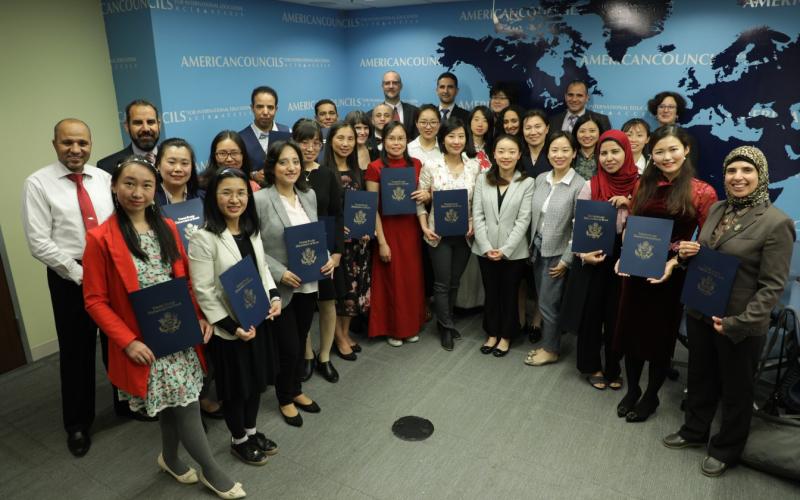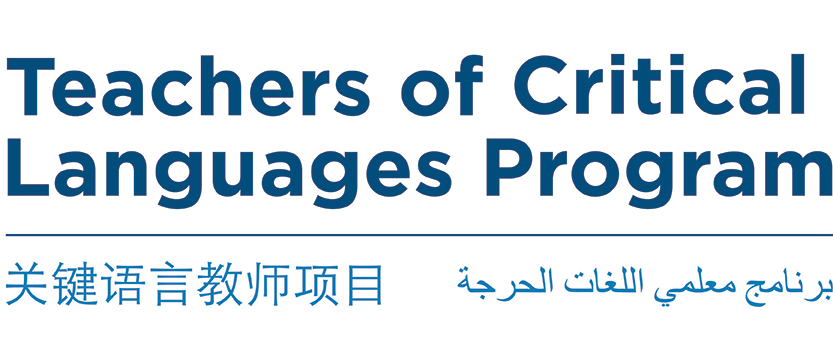
Throughout the program, participants developed leadership skills through teaching and community engagement and are prepared to return to China, Egypt, and Morocco as educational leaders in their home schools and communities. Prior to their departures back to their home communities, the teachers participated in the Spring Leadership Workshop, which is intended to further prepare them for their return home by encouraging them to reflect on their experiences as exchange teachers in the U.S. and to think about how they can implement the skills they have learned during their exchange once they return home.
During this year’s Spring Leadership Workshop, which took place from May 9-11, TCLP exchange teachers attended several sessions on anticipating and surmounting reverse culture shock, alumni programing through the U.S. Department of State, global competence, and educational leadership. As this year’s participants prepare for their next steps as program alumni, they intend to apply the instructional methods they adopted in the U.S. to their classrooms, provide professional training to colleagues, and establish connections between their home schools and their U.S. host schools. The workshop also provided teachers with opportunities to discuss how their understanding of the U.S. and American culture has evolved throughout the course of the program and how they can share their first-hand experiences with their colleagues, students, and communities in China, Egypt, and Morocco.
The Spring Leadership Workshop ended with a closing ceremony, during which exchange teachers met with Anthony Koliha, Director of the Office of Global Educational Programs from the U.S. Department of State, to share their achievements from the past year. This year’s TCLP teachers collectively taught over 4,300 students and reached more than 19,500 students, teachers, parents, and community members by conducting over 1,900 hours of outreach. Through these outreach activities, exchange teachers served as cultural ambassadors to their U.S. host communities in feeder schools, universities, senior centers, libraries, and community organizations. The 12th cohort was the first to develop capstone projects to support their schools’ language program sustainability and are eager to apply their knowledge and skills once they return to their home countries.
